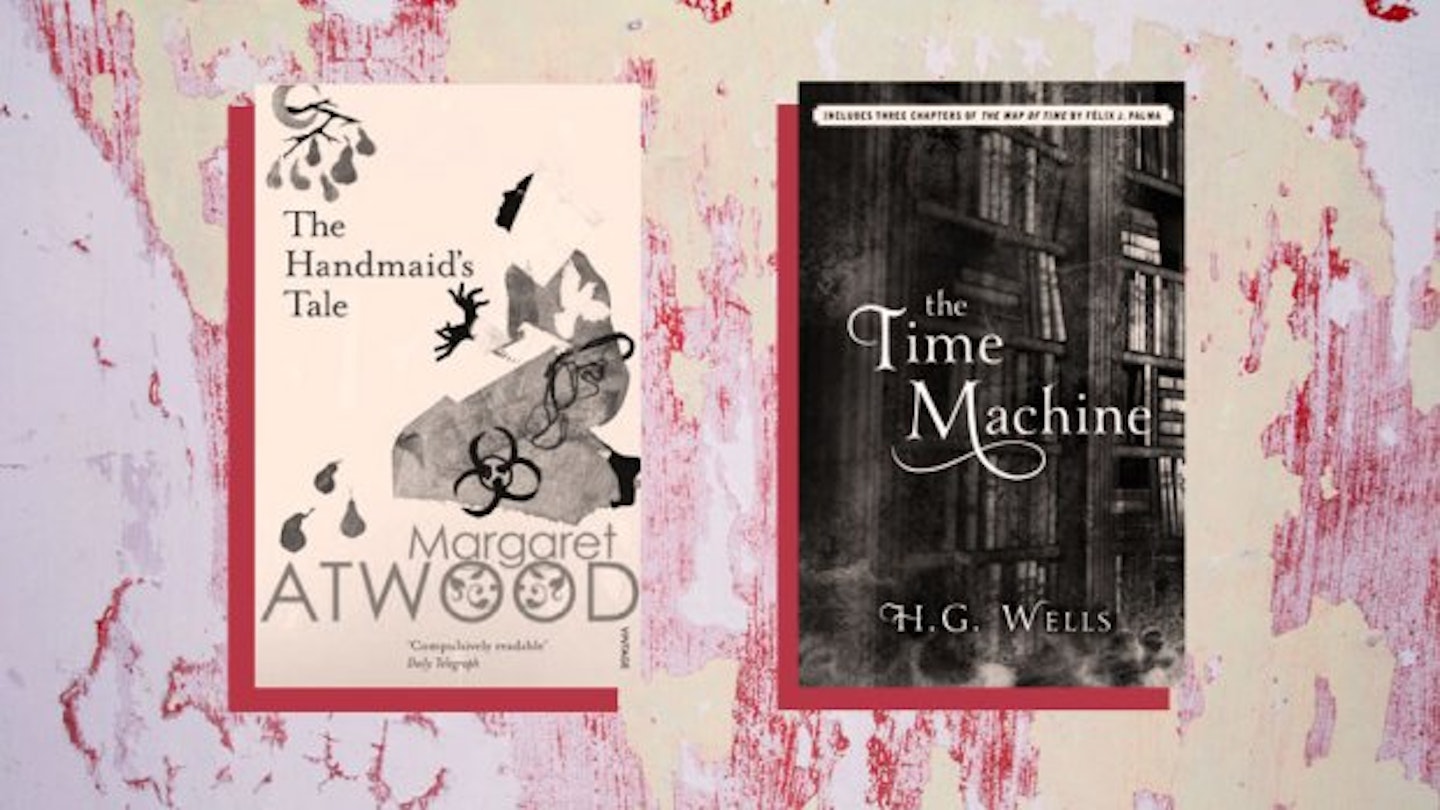Back in January, George Orwell’s novel 1984 surged to the top of the Amazon bestseller list very much thanks to Trump’s advisor Kellyanne Conway’s use of term ‘alternative facts’, a phrase that eerily mirrors the concept of ‘newspeak’ that was created and popularised in the dystopian classic.
And while a Trump administration may well be considered influential in our current re-fascination with bleak, totalitarian fiction at the moment, we’ve seen a huge rise in the popularity in stories about imaginary worlds that have (also) gone to shit over the past 12 months or so. In the wake of global political turbulence, we’ve started to see more and more dystopia in film and on television. So, we thought we’d offer up a whistle-stop tour of some of our favourite pieces to stick your teeth in to while we wait for utopian fiction to find its way back into our lives.
Never Let Me Go, Kazuo Ishigruo
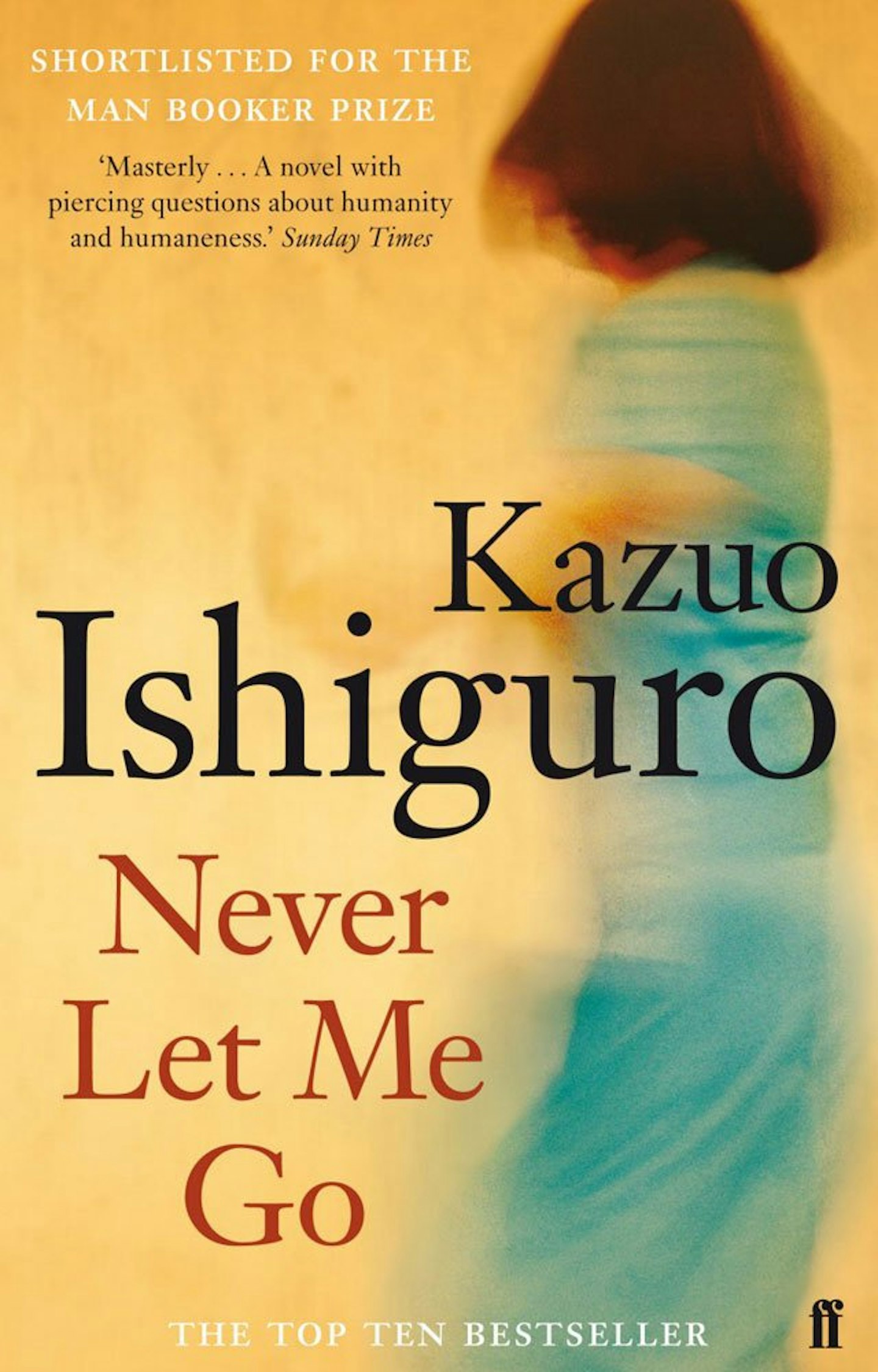
You could probably say that Kazuo Ishigruo’s novel fits the description of both utopia and dystopia I different ways but we’ve included it because it’s a fantastic book first of all, and also explores a slightly different, rather morbid alternate reality that’s really, really interesting (and very depressing at the same time). It about the children who grow up in Hailsham House who are essentially bred to be spare parts – to donate to people who need their organs. It’s got a really tender way of discussing the things we all know to be true but avoid overthinking about – like growing old or becoming really unwell.
Do Androids Dream Of Electric Sheep, Philip K Dick
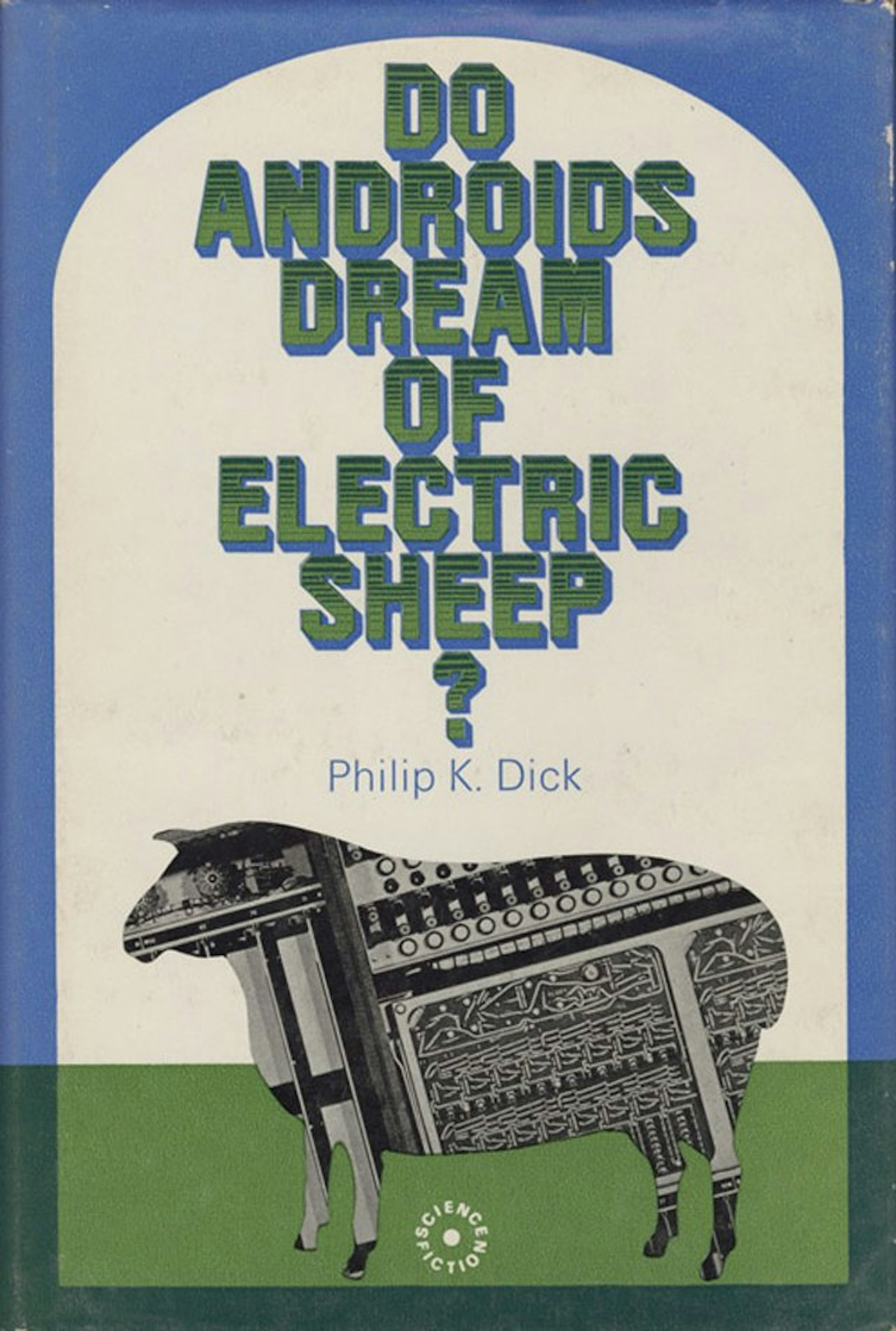
You might be more familiar with the story under the title Blade Runner, but the novel *Do Androids Dream Of Electric Sheep *was where it all began. It's about a bounty hunter how has to retire (kill) some androids that have escaped in a post-apocalyptic world where most animals have been extinct, owning a real one is seen as really prestigious and robot servants (androids) are a thing. In a nutshell, it's all about looking into what makes us human and the concept of 'identity' in a way that you might not really get from the Ridley Scott film.
The Handmaid's Tale, Margaret Attwood
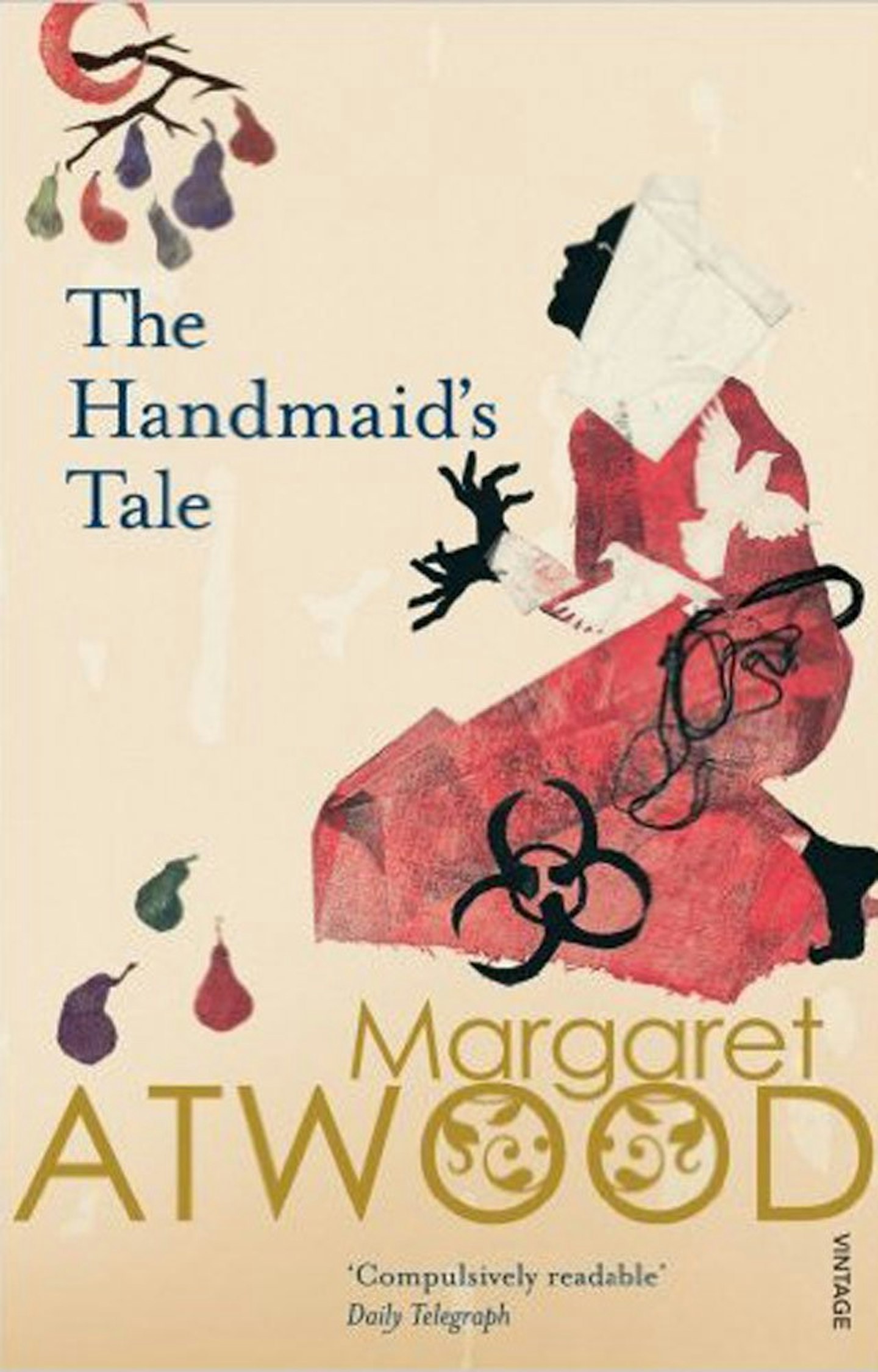
This 1985 novel is set in a near-future New England in a totalitarian theocracy (a government ruled by priests) that has overthrown the United States government. Sound familiar? Probably because the novel was recently adapted for TV and has received critical acclaim for its harrowing depiction of women’s subjugation. It’s showing on Channel 4 in the UK and if you want a bit of an introduction, read our guide to everything you need to know about the new series.
1984, George Orwell
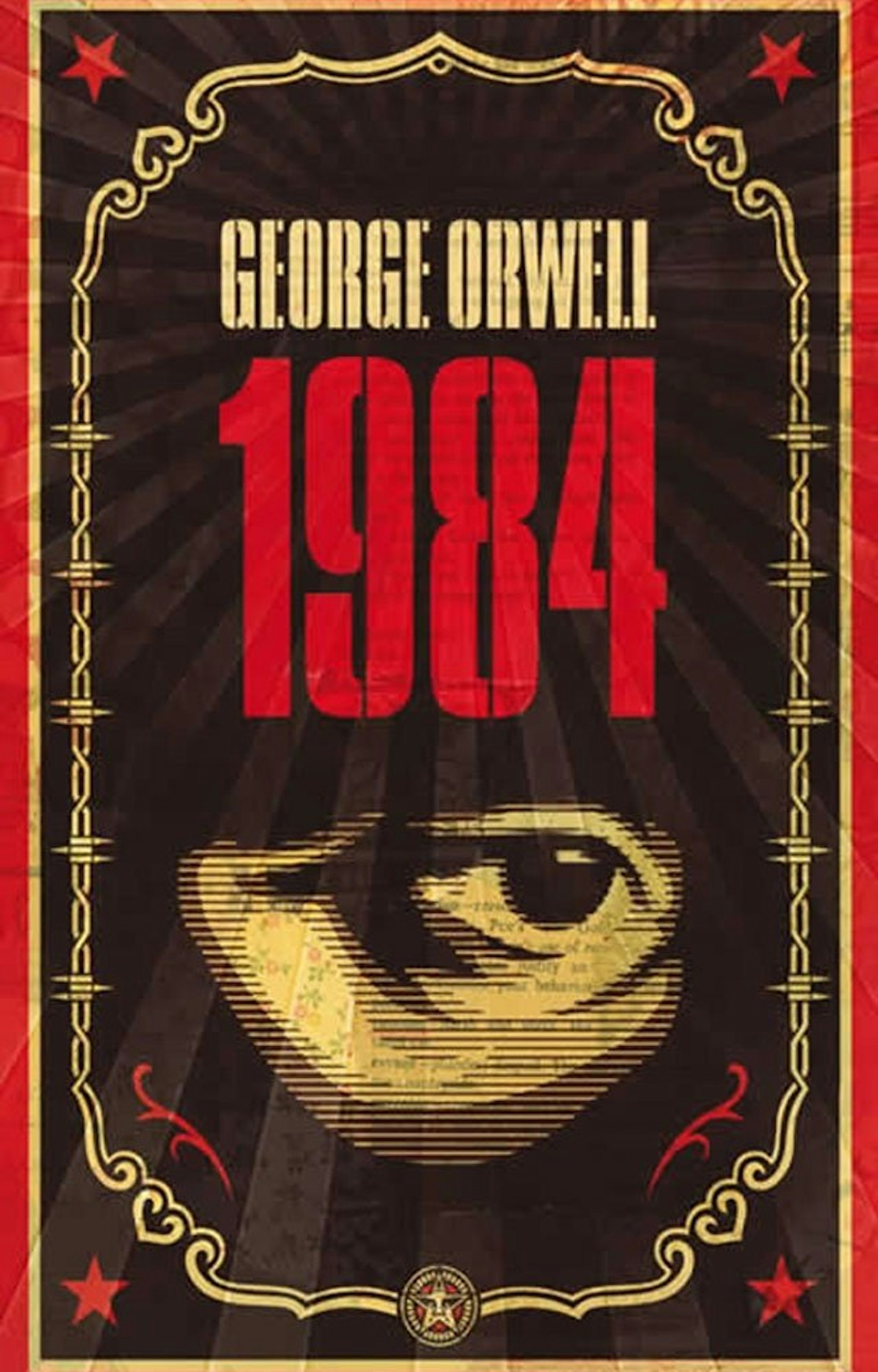
Anyone remember desperately trying to get their head around this one on SparkNotes having never even picked up the book? Well, as good a time as any to pick it up and give it a read because classics don’t become classics without reason. Beyond the echo’s from Kellyanne Conway’s choice of words, it’s a pretty alarming prophecy about a world where ‘newspeak’, language free from any sort of independent thought, can control the minds of the population. Where language restricts rather than develops.
The Time Machine, H G Wells
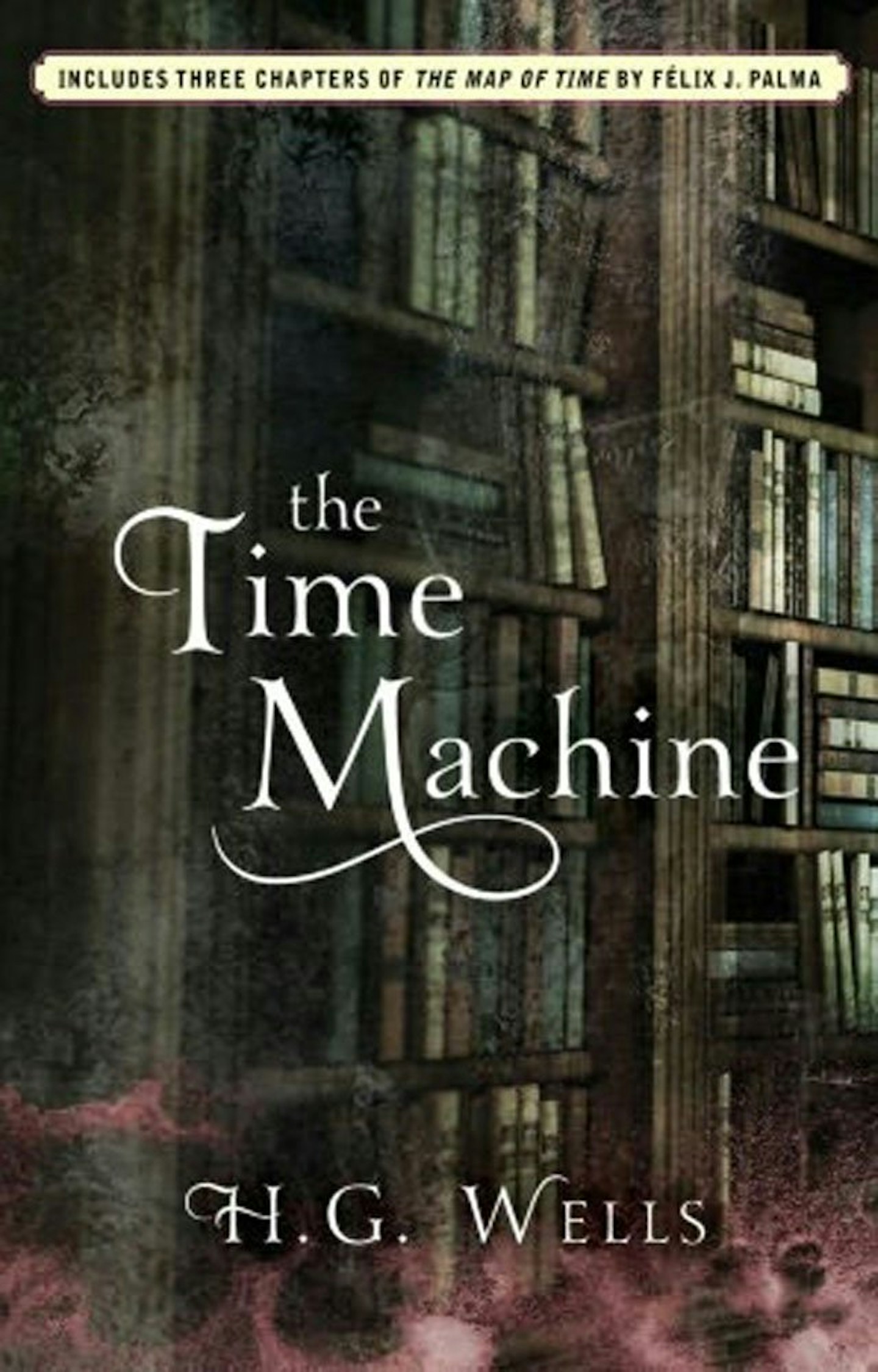
This science fiction novel was written back in 1895 and is all about, yes, a time machine, and a Time Traveller who doesn’t go by any other name, btw. He travels about 800,000 years into the future world that initially looks like paradise but turns out to be far from it. Humans are split into two classes: the Eloi and the lowly Morlocks. It’s been turned into a film a few times, most recently in 2002 and was probably the sort of thing your dad used to rent from Blockbuster on the regs.
Farenheight 451, Ray Bradbury
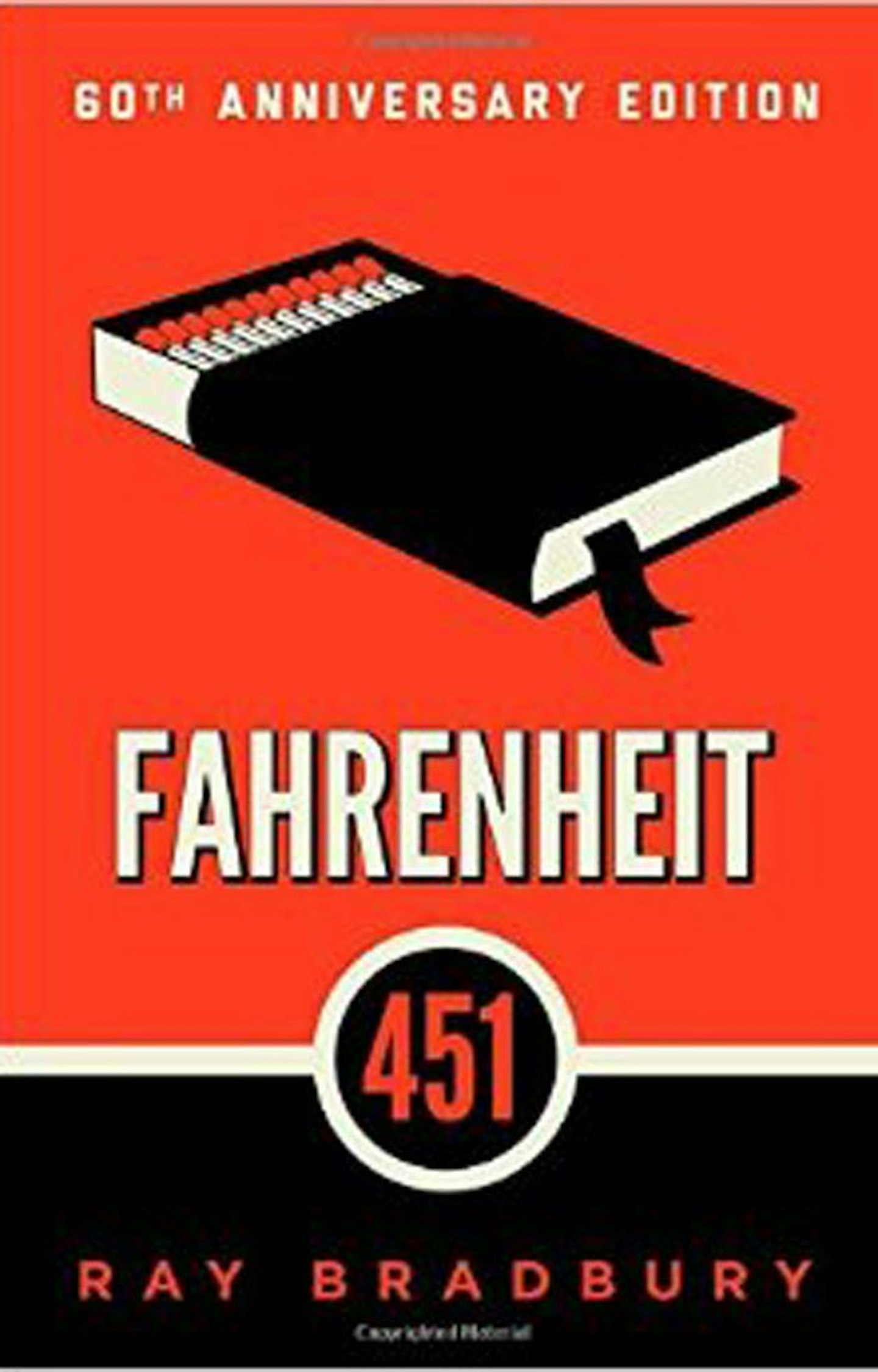
In this oppressive ‘future’ American society, books aren’t allowed. Farenheight was published back in 1953 and follows the story of a fireman whose job it is to burn book. Yep, in this world, the firemen start fires. Because there aren’t any books, society doesn't think independently or know how to have conversations with any layer of meaning or significance. Montag, the fireman, starts to question why the books have to be burned and whether they have any meaning to them. The story itself is obviously quite sad but only confirms just how magical and crucial access to books, knowledge and alternative opinion are.
**Like this? You might also be interested in… **
Follow Jazmin on Instagram @JazKopotsha
This article originally appeared on The Debrief.
